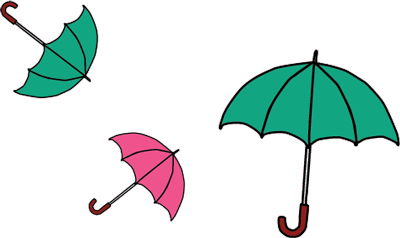MENTAL HEALTH PRACTITIONERS
Peer support worker

In this section we explore what it like to be a peer support worker. To unpack roles and functions check out the peer work hub.
for Consumers
01. Peer education programs
02. Peer support services
Resources
01. MY-PEER toolkit
02. Wellways peer education programs are held in a group setting.
03. SHARC intentional peer support
04. Carers Australia peer support
05. Mind peer support
Peer support
Peer workers can operate in numerous sectors of public, community and private mental health settings. Their most common role is peer support, directly supporting people experiencing mental illness, or their family and carers, by sharing their lived experience.
Peer workers also work in mental health system in management, advocacy and representation; as consultants and advisers; to promote health; to educate and train; as supervisors; or to undertake quality, auditing and research.
Specialist peer work positions may also be created for different population groups, learn more at the peer work hub.
PEER SUPPORT WORKER
Frequently asked questions (FAQs)
What is peer support worker?
A peer support worker, or lived experience worker, is a member of staff who has been diagnosed with a mental illness, has also used mental health services, and has been employed to support consumers in their recovery.
Lived experience workers have a unique insight into what it is like to be a mental health patient. They can listen to, and share their own consumer experiences, share parts of their own story and recovery strategies. Peer workers do not set out to instruct or teach consumers on how best to recover, but rather embark on a shared journey that fosters hope and mutual learning for both parties and the making of future plans.
There are 3 principles and 4 tasks which guide peer support which are:
Principles:
- Helping to learning
- Individual to relationship
- Fear to hope
Tasks:
- Connection
- Worldview
- Mutuality
- Moving towards
Peer support is not about being a paid friend, taking care of someone or providing treatment. It is about connecting with someone in a way that contributes to both people learning and growing.
Resources
Websites
MY-PEER www.mypeer.org.au
Wellways www.wellways.org
SHARC www.sharc.org.au
Peer support education www.peersupport.edu.au
Carers Australia www.carersaustralia.com.au
Mind Australia www.mindaustralia.org.au
With special thanks to
Many people have contributed to the development of this project through research, focus groups, advice, information and ideas. We would like to acknowledge and thank all who have contributed and supported us in our endeavor. They are:
Jonathan Gamilis Peer Support Worker
Newsletters
Stay in the loop with our monthly newsletters!
If you are having thoughts of suicide, or severe self-harm please follow your crisis plan. If you do not have a crisis plan please call your treating clinician, therapist, general practitioner, one of the numbers listed below or go to the Emergency Department of the nearest hospital. In a life-threatening emergency ring 000.
Phone numbers and other supports that can be contacted in a crisis:
Life Line: 13 11 14 | www.lifeline.org.au
Sane Helpline: 1800 187 263 | www.sane.org
If you are having thoughts of suicide, or severe self-harm please follow your crisis plan. If you do not have a crisis plan please call your treating clinician, therapist, general practitioner, one of the numbers listed below or go to the Emergency Department of the nearest hospital. In a life-threatening emergency ring 000. Phone numbers and other supports that can be contacted in a crisis: Life Line: 13 11 14 | www.lifeline.org.au Sane Helpline: 1800 187 263 | www.sane.org

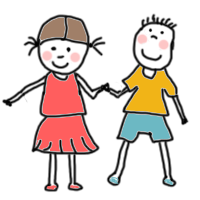
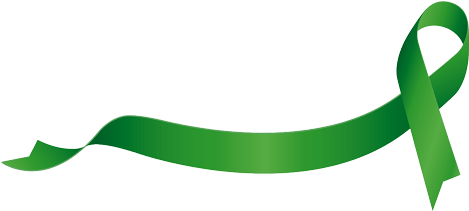
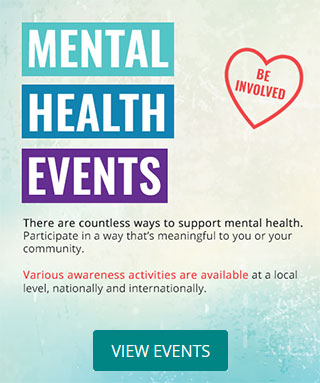
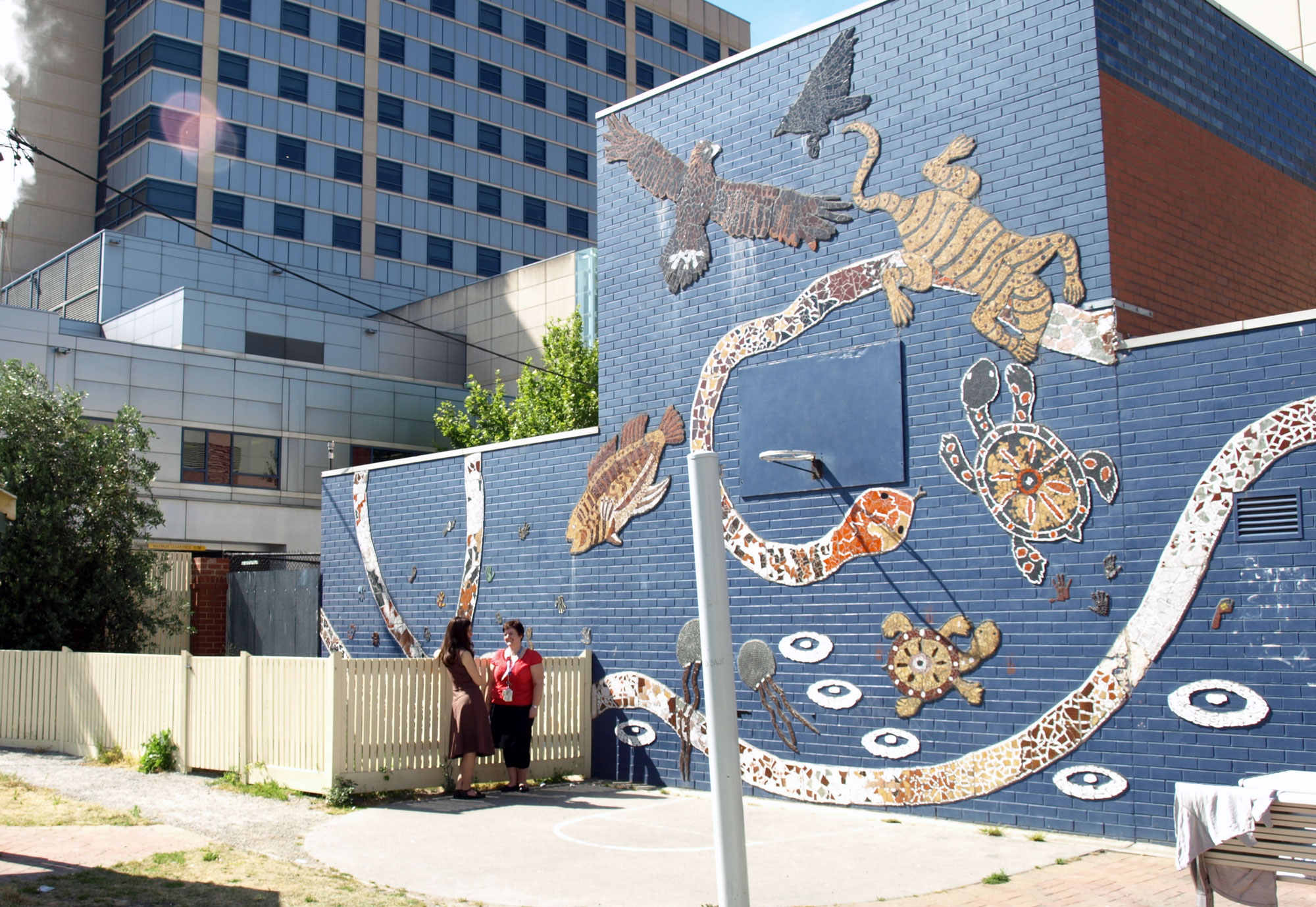
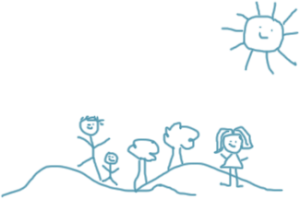
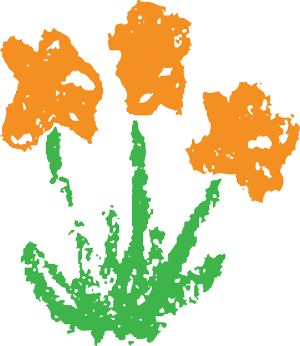 The 2014 Act came into effect in July 2014. It introduced new principles to support people experiencing mental illness to make and participate in treatment decision (shared decision making) and to have their views and preferences considered and respected.
The 2014 Act came into effect in July 2014. It introduced new principles to support people experiencing mental illness to make and participate in treatment decision (shared decision making) and to have their views and preferences considered and respected.